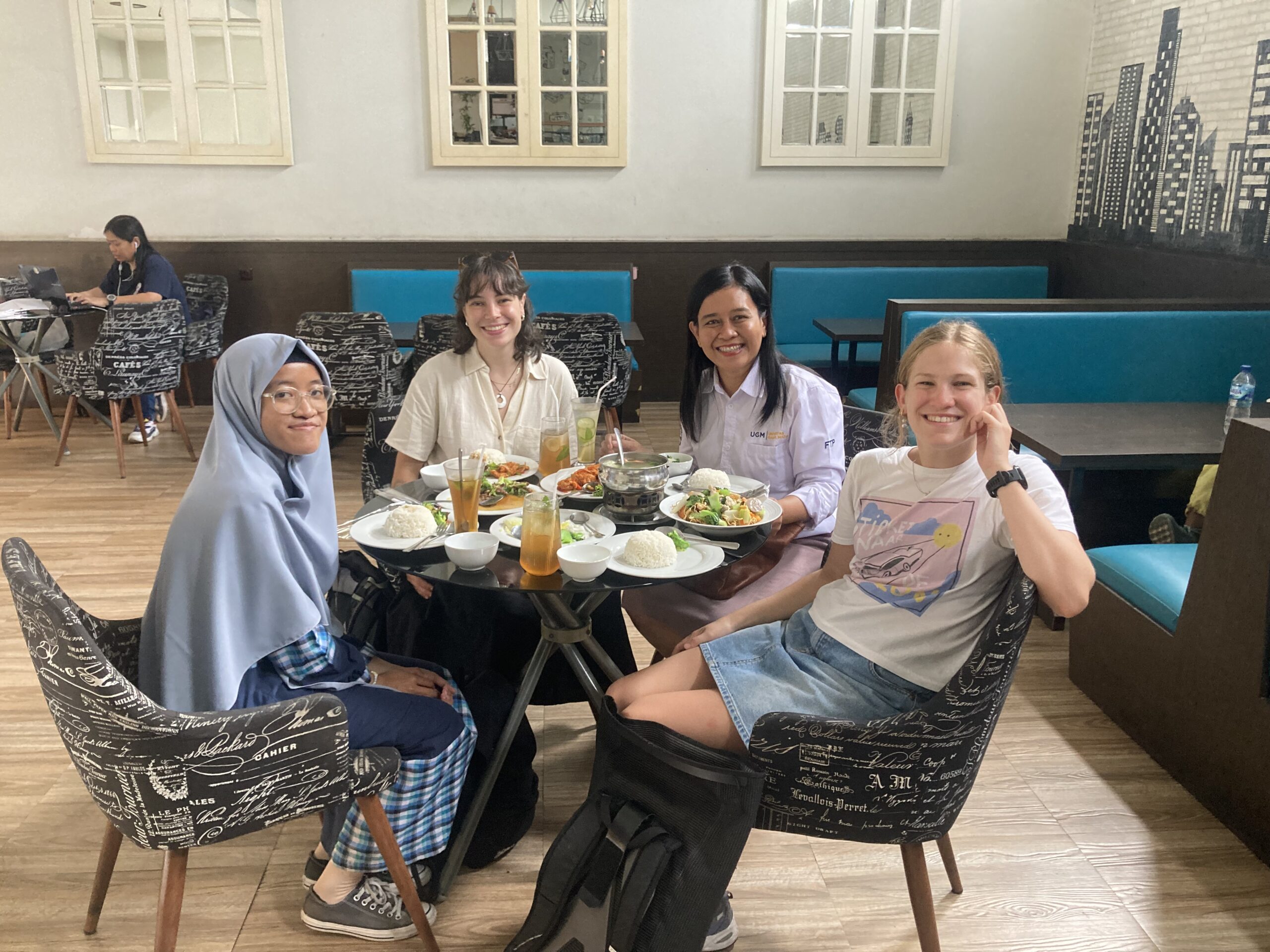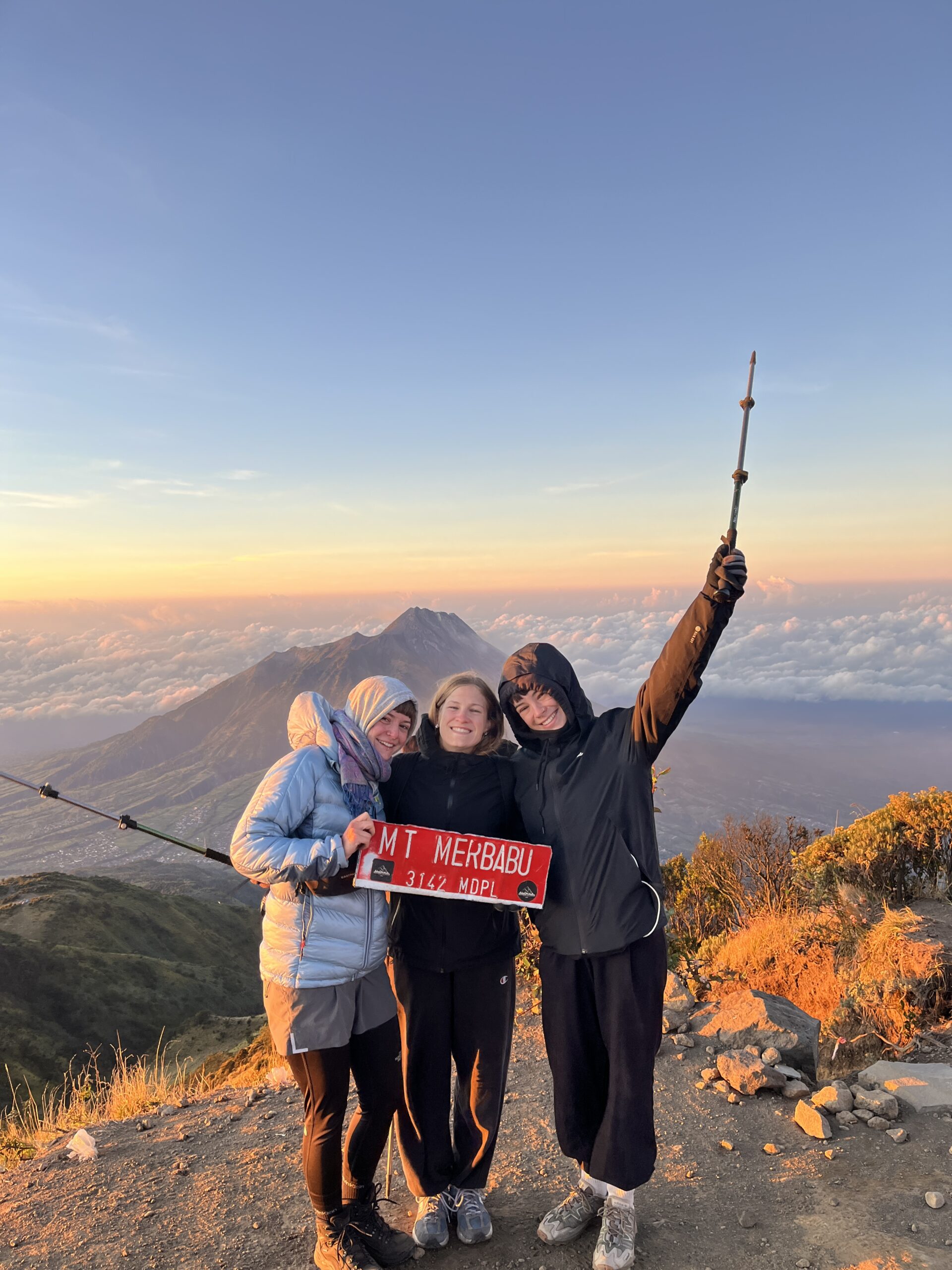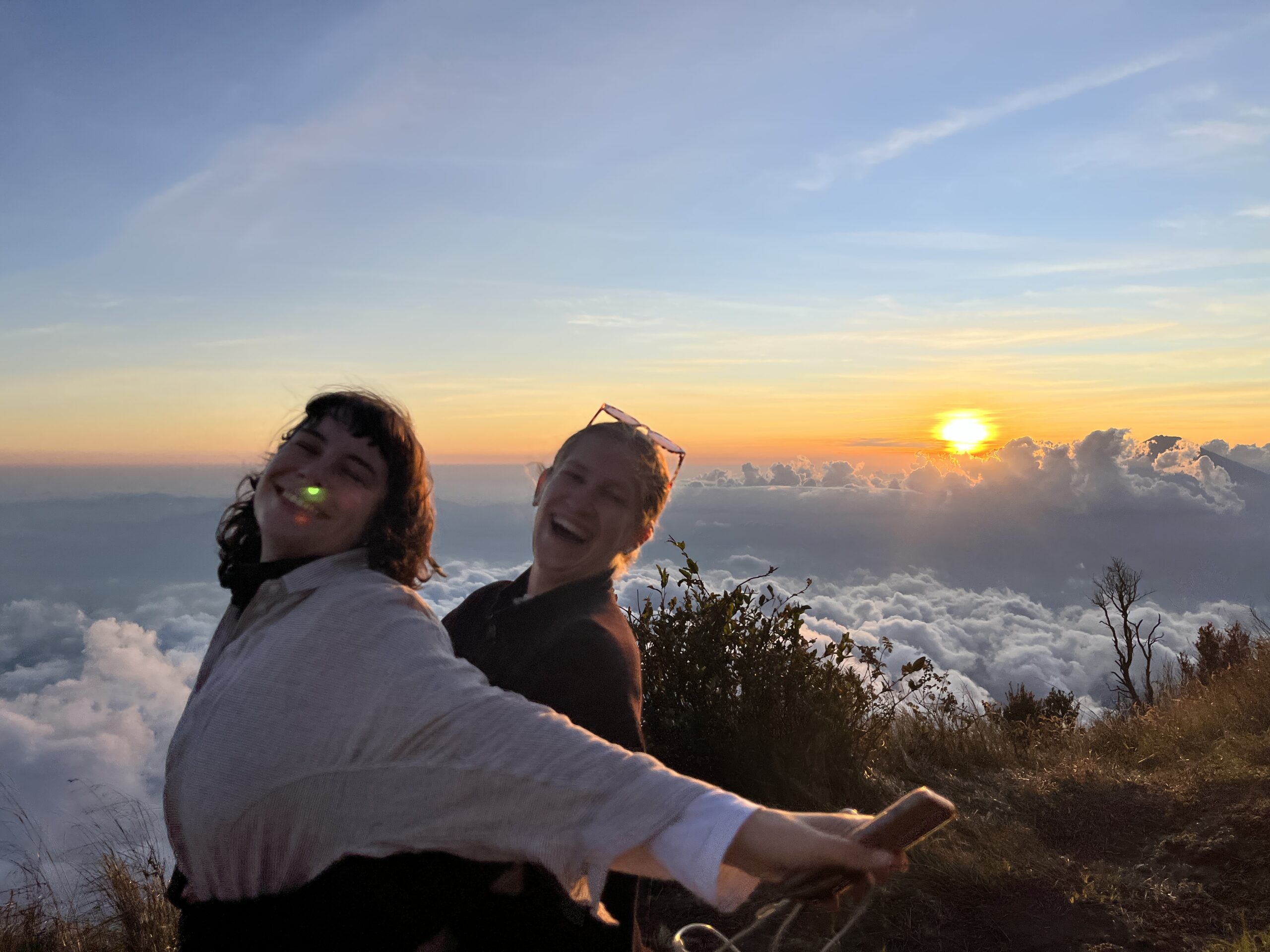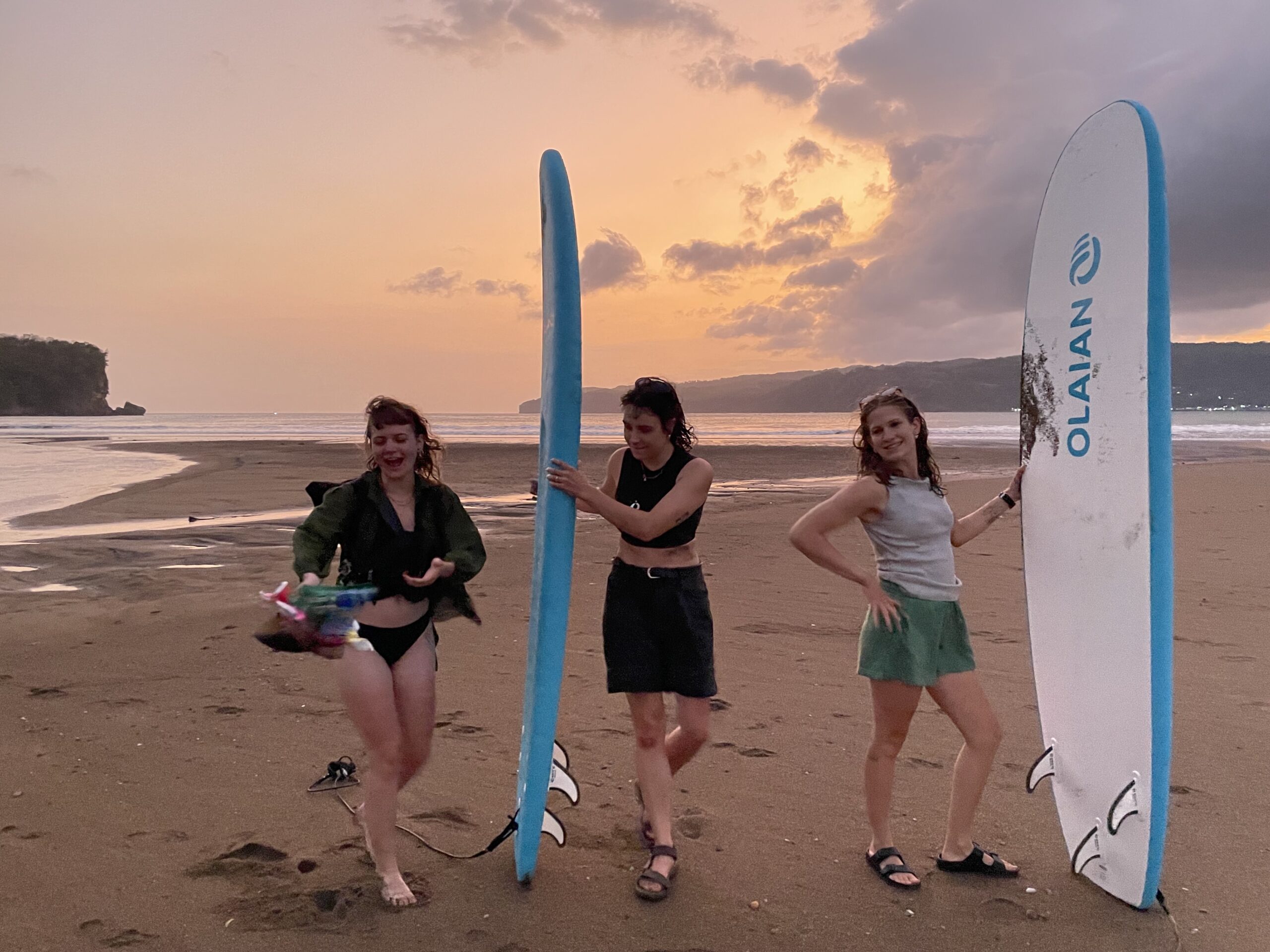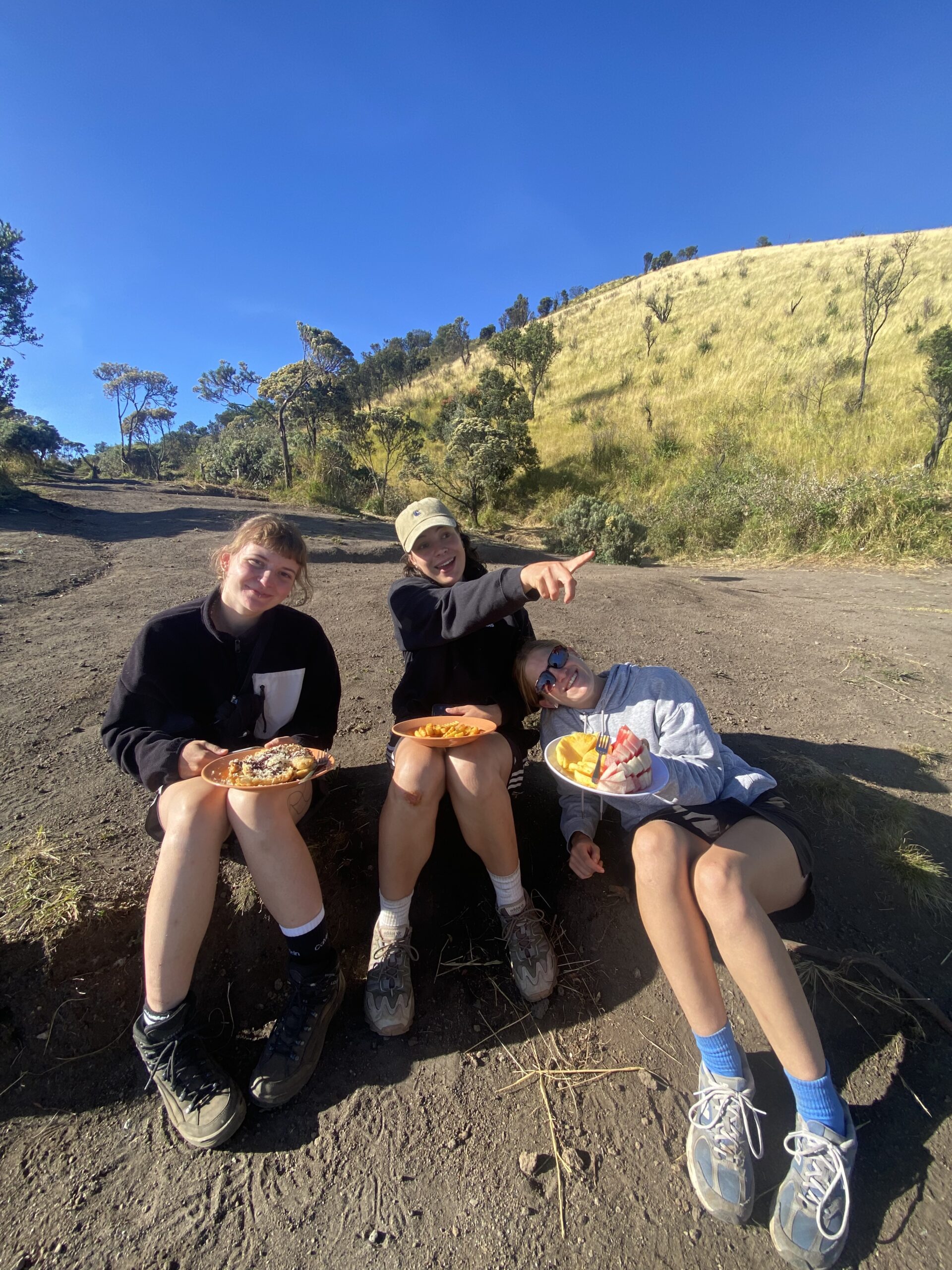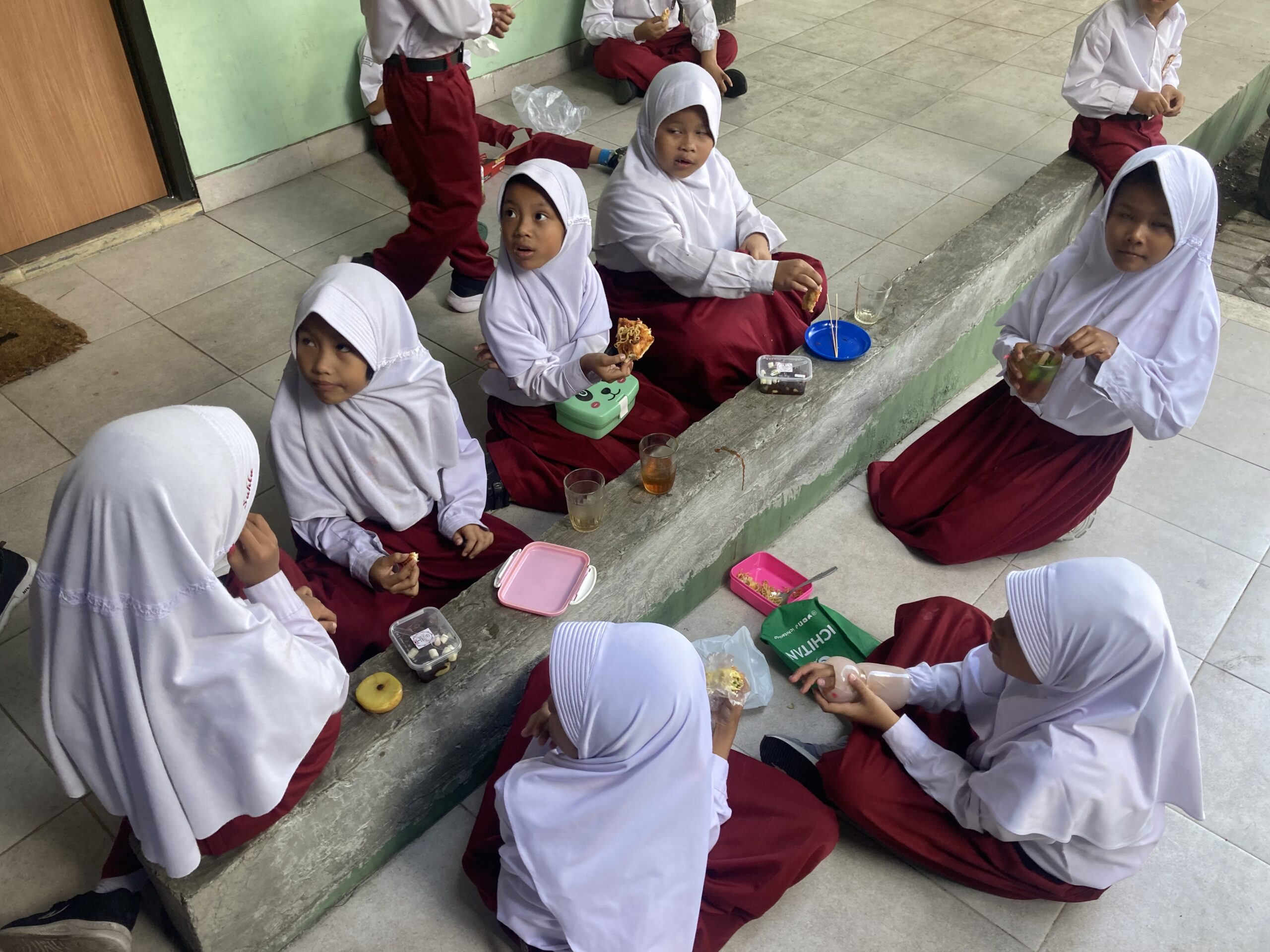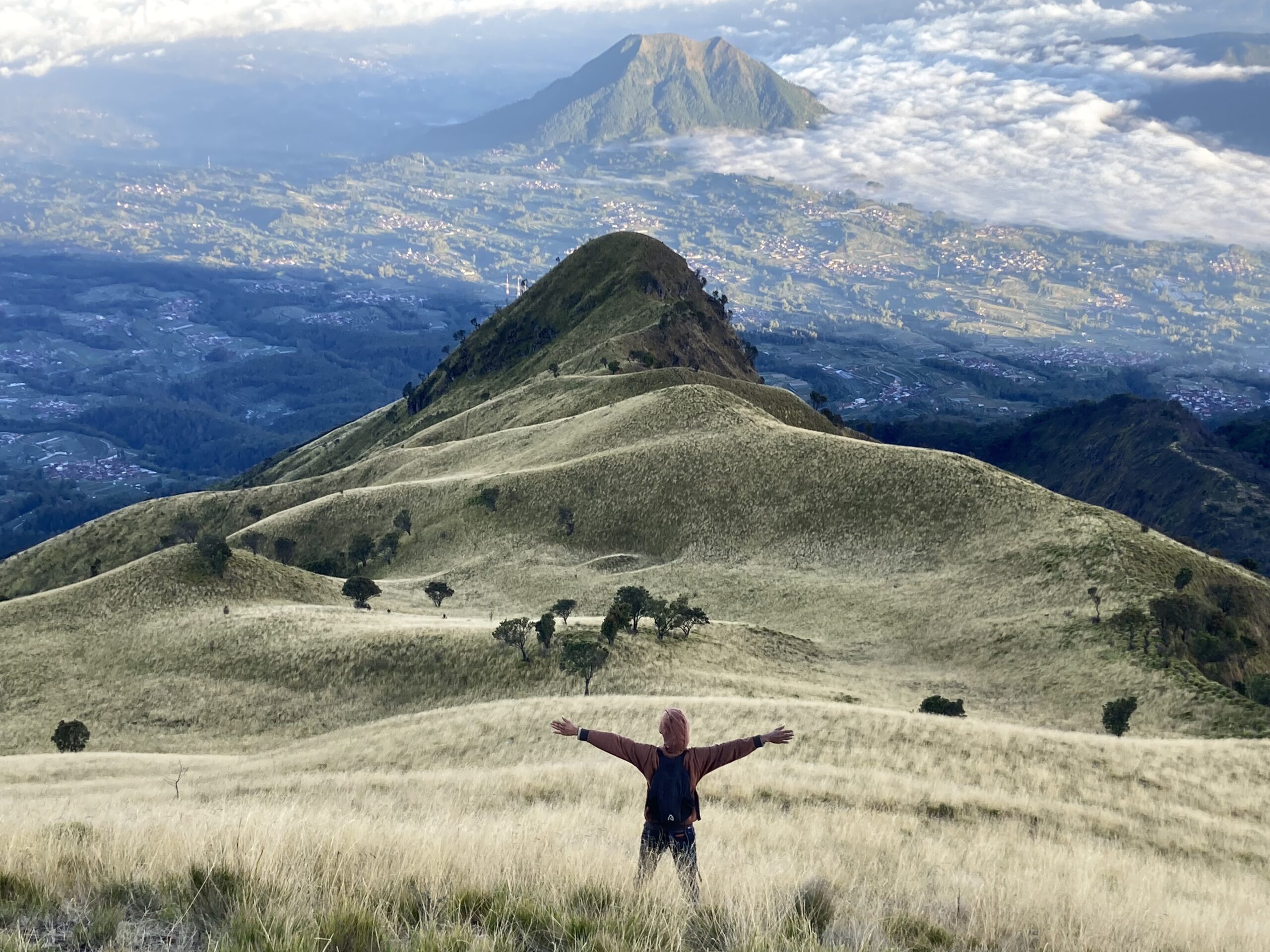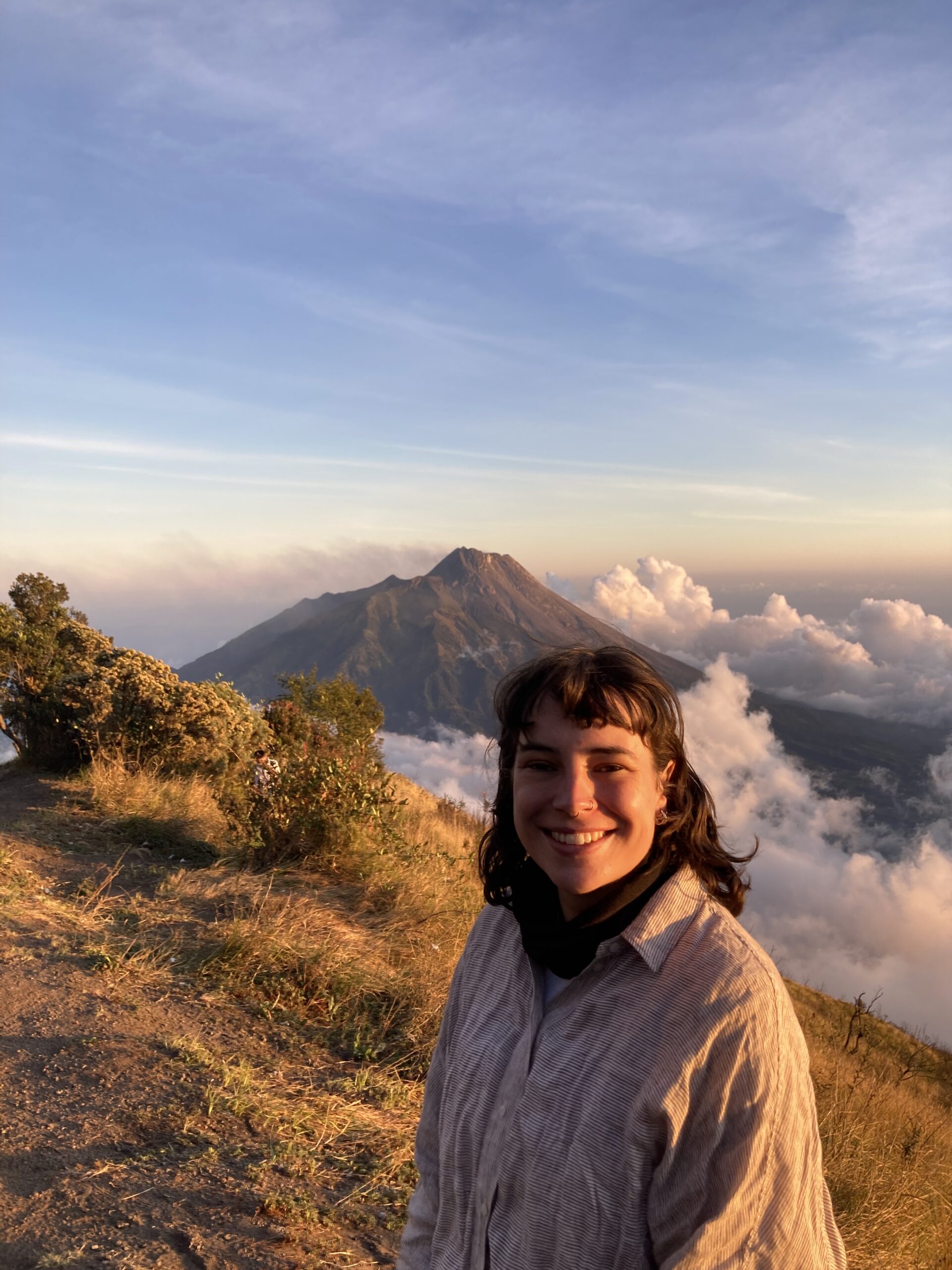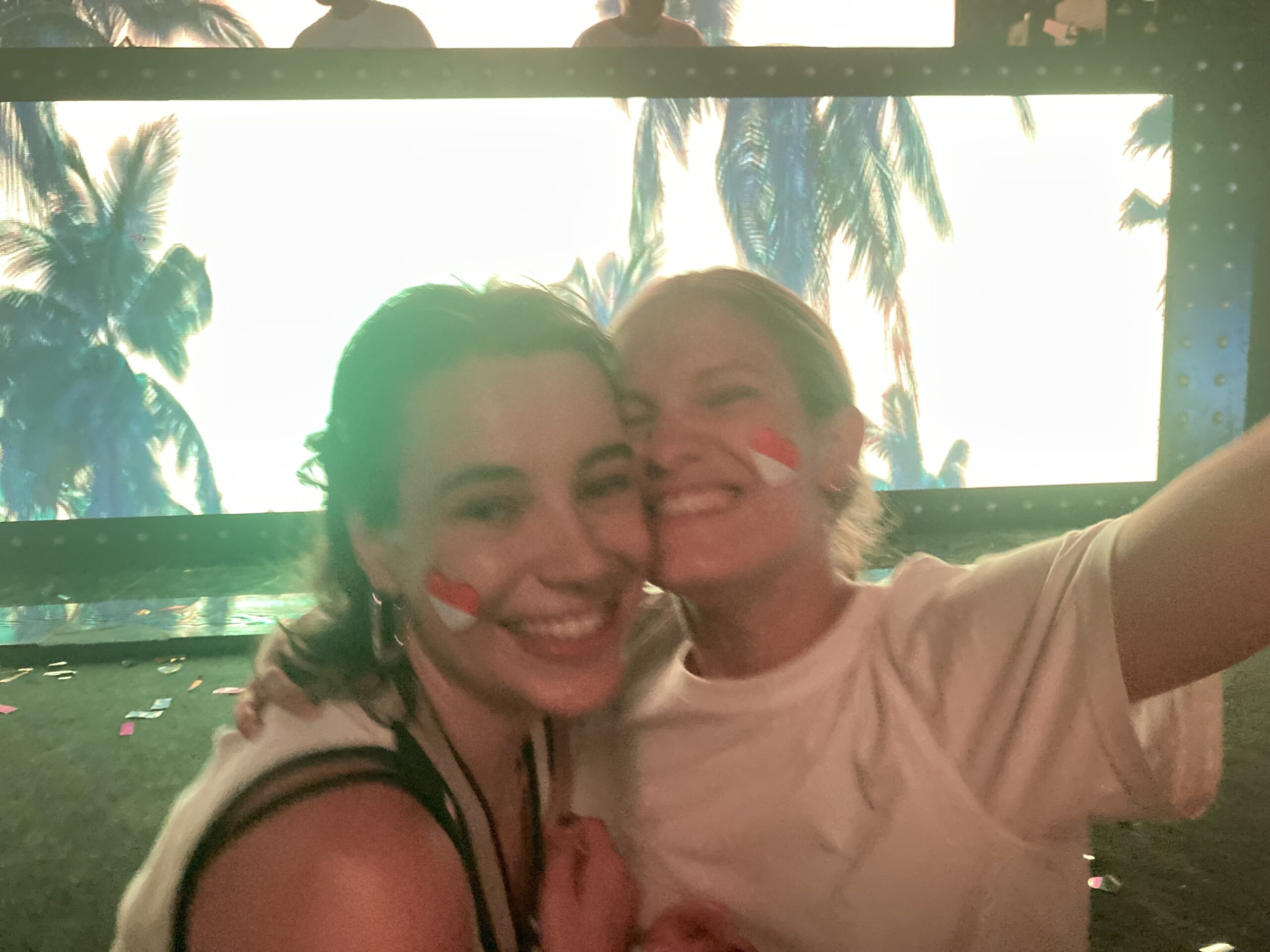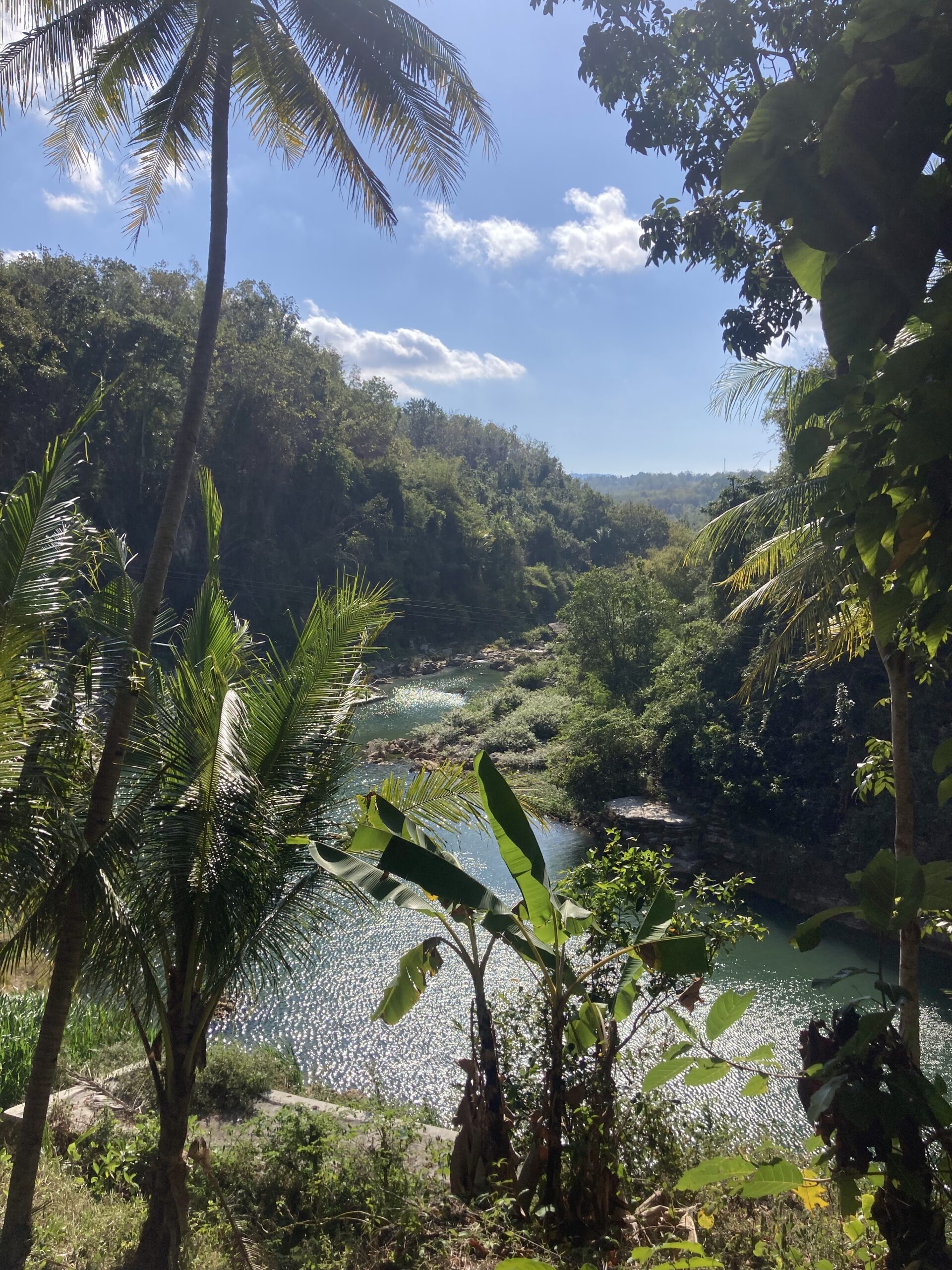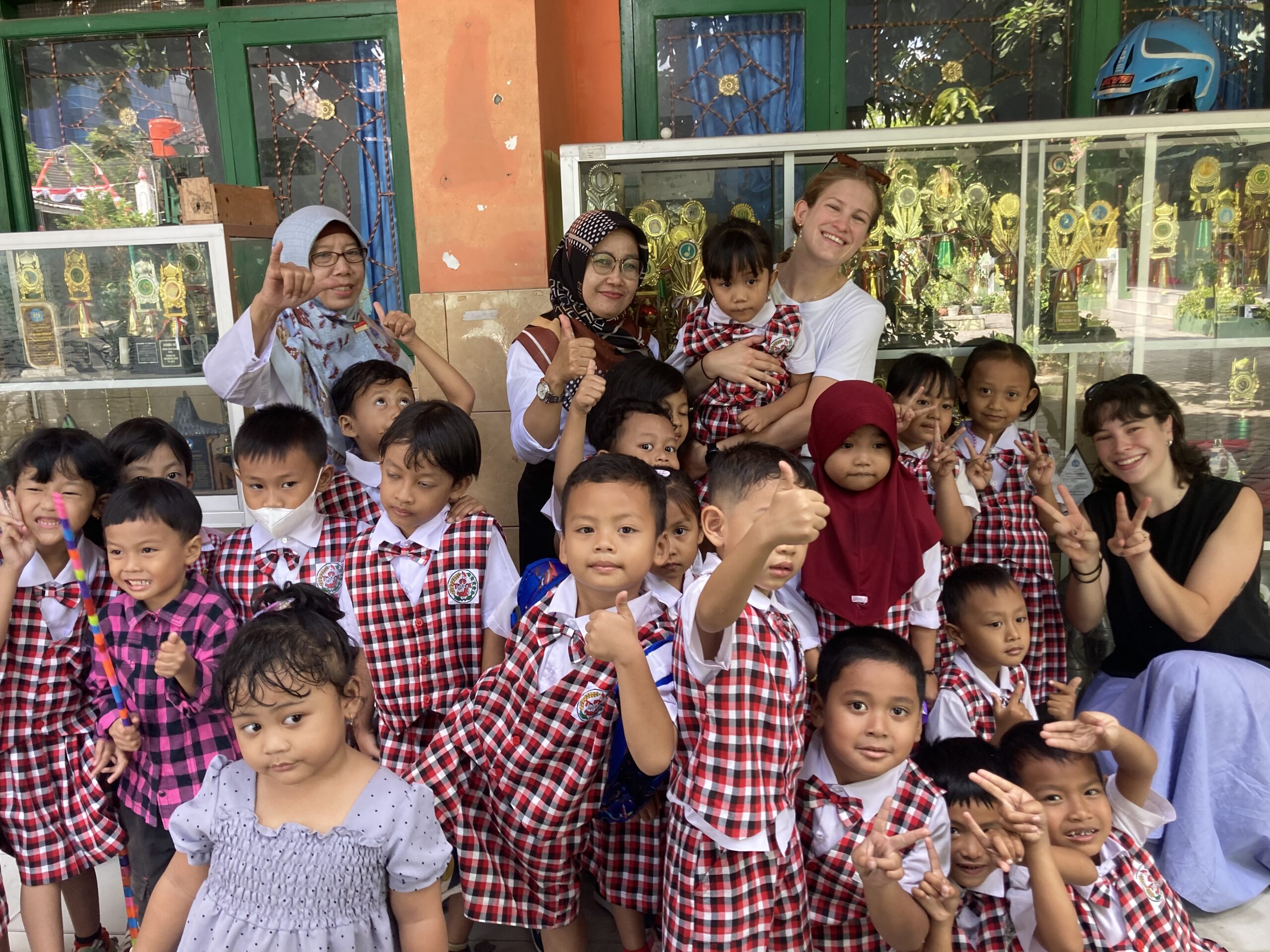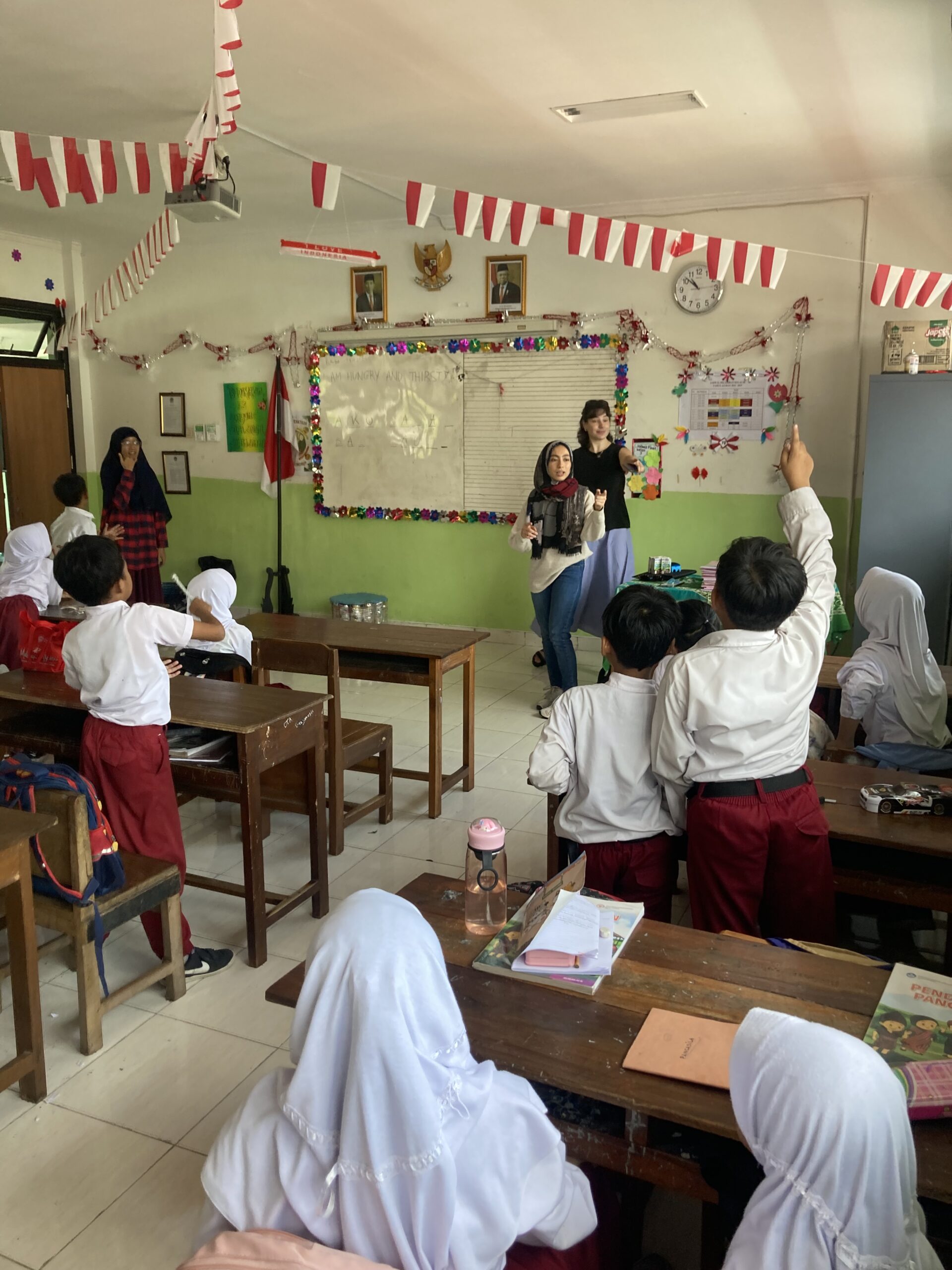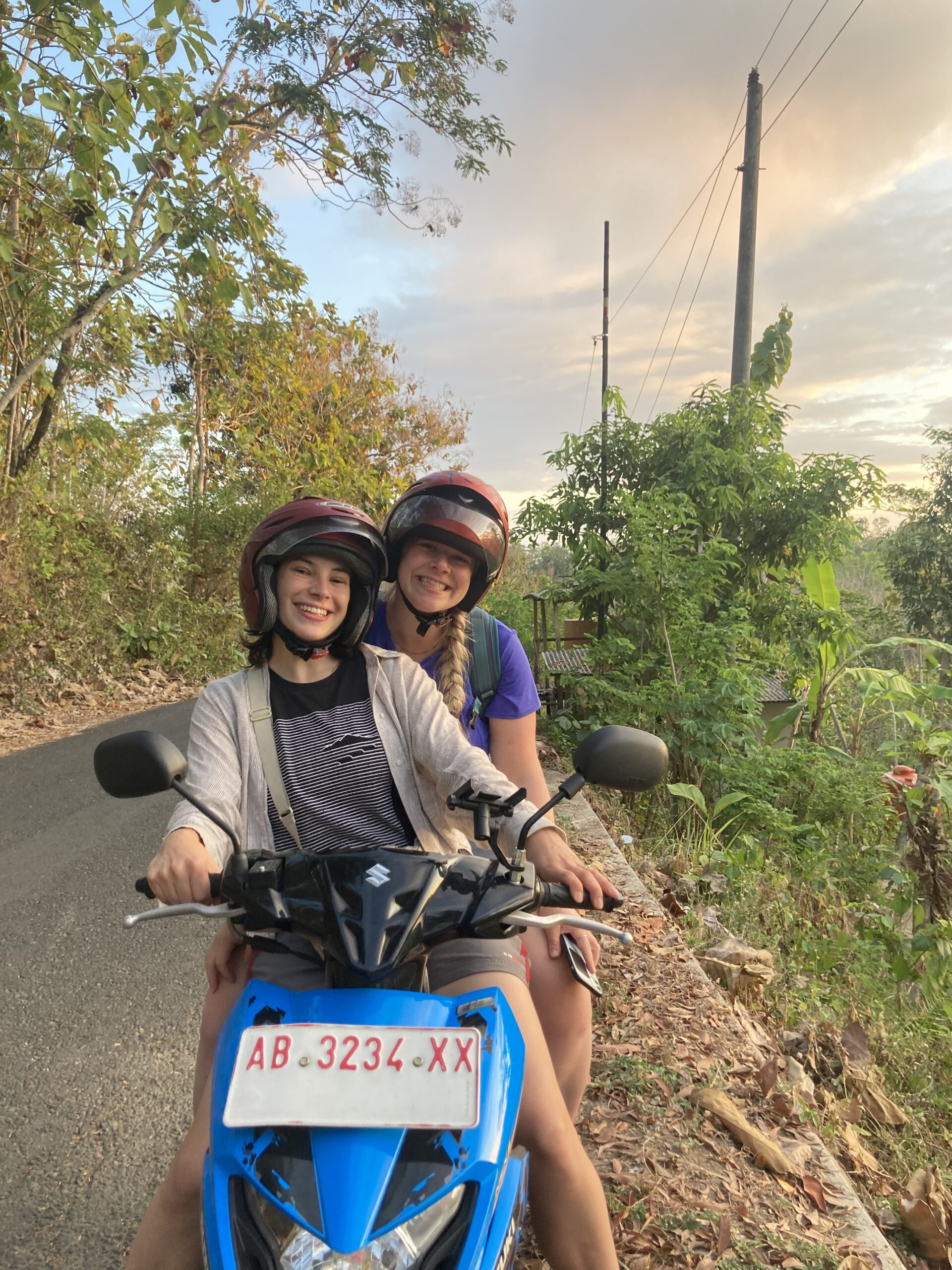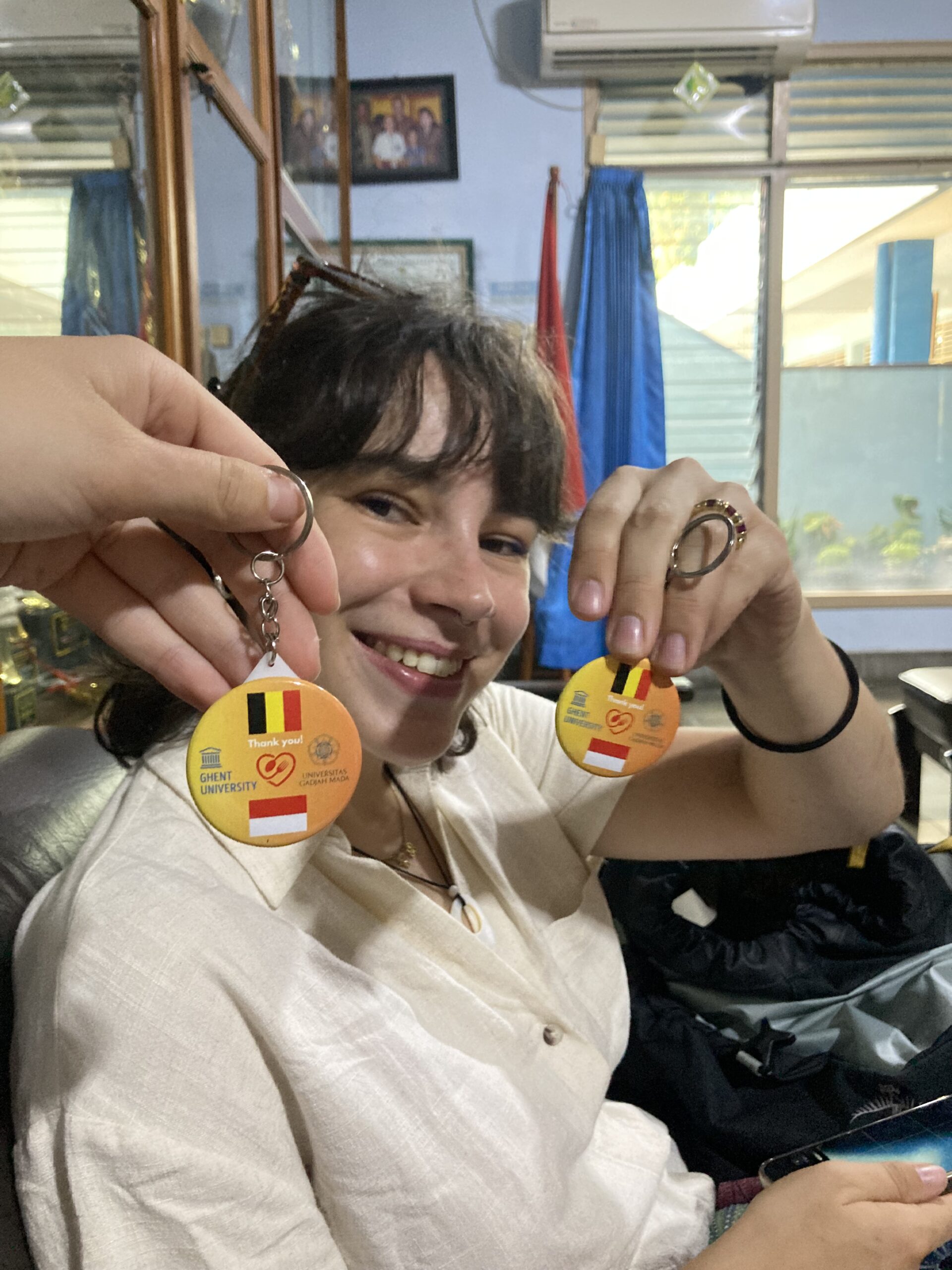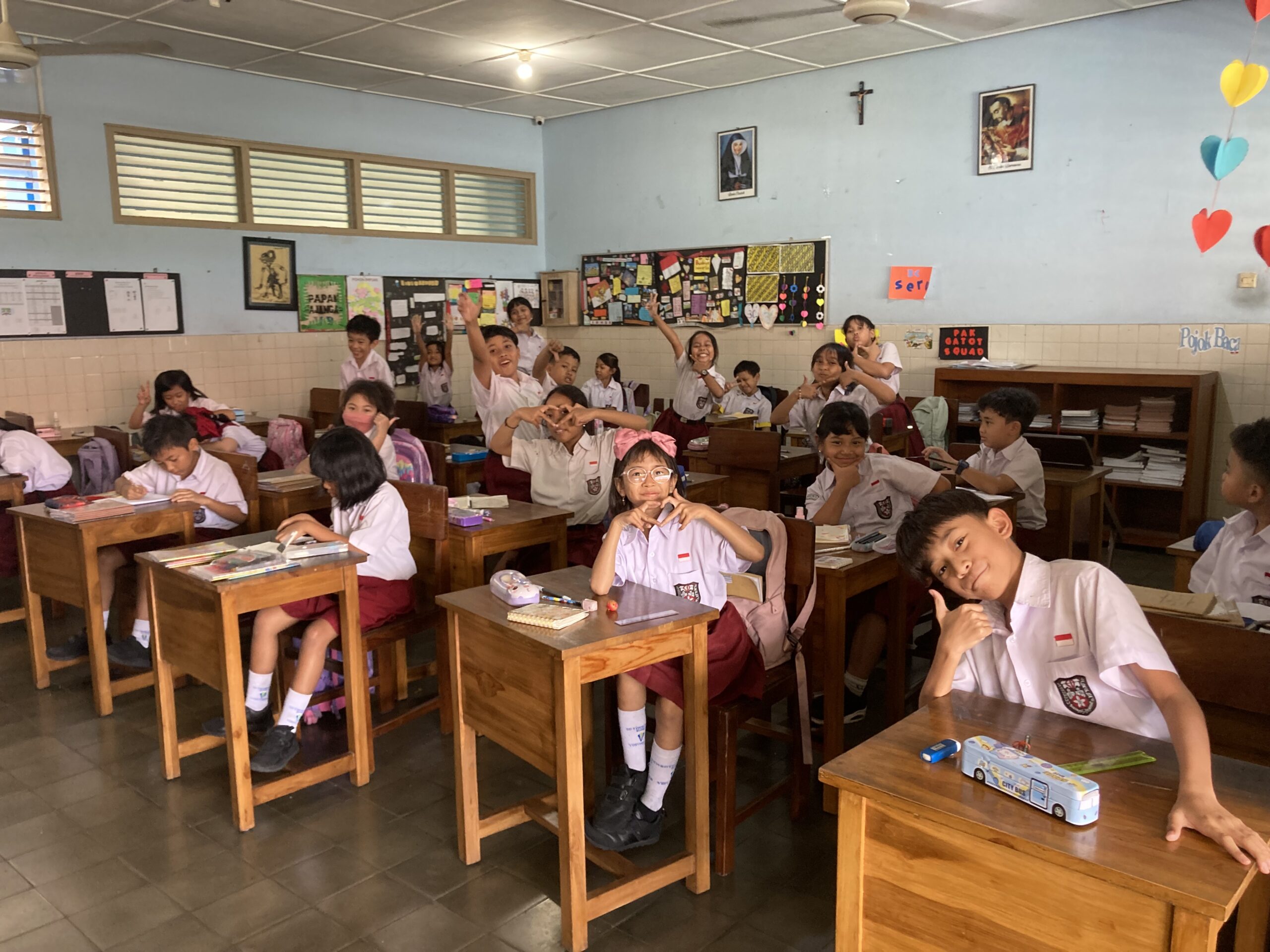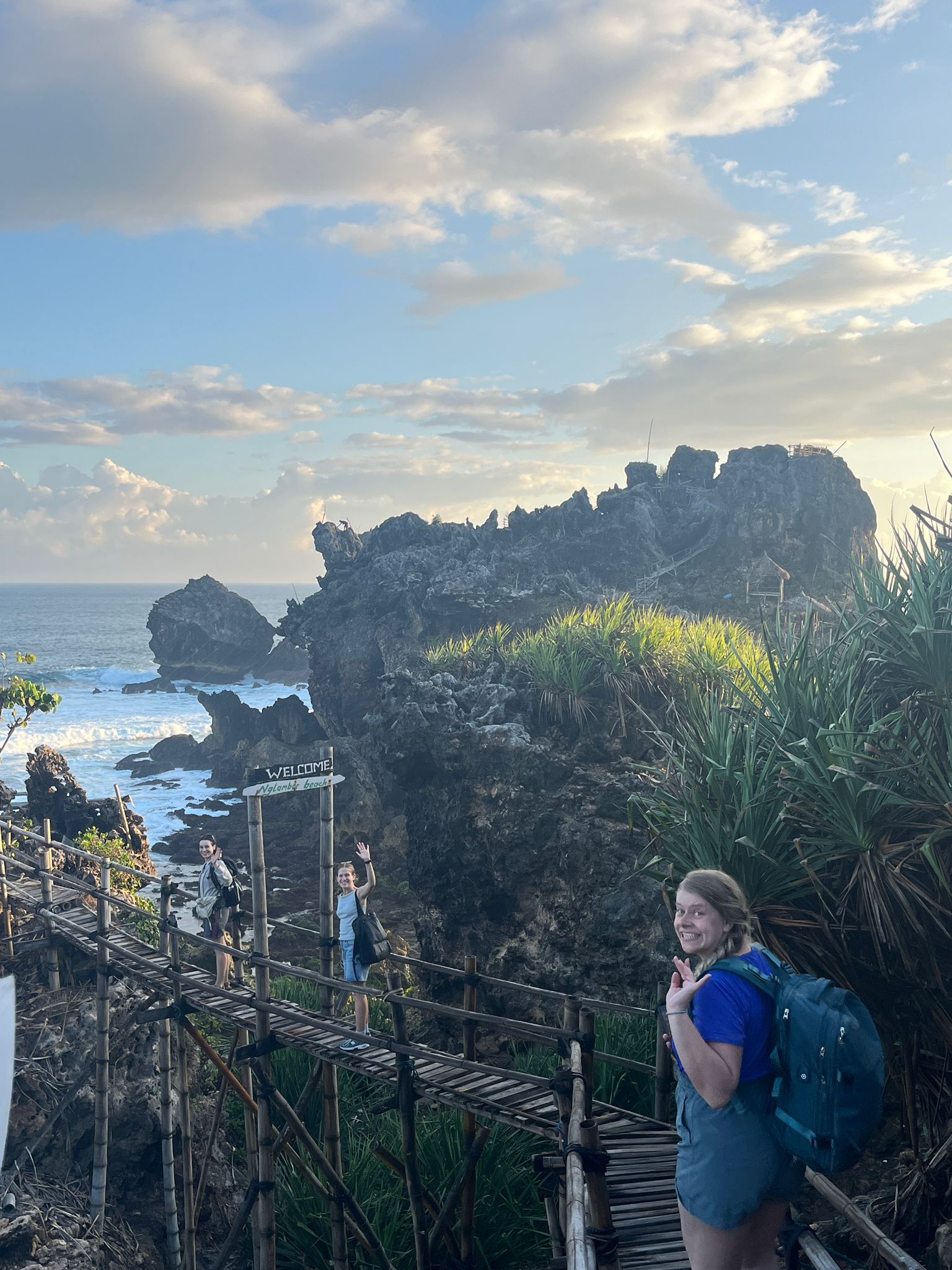Testimonials from SUBE-students
Discover Student Stories
Curious about what it’s like to study the Master in Sustainable Urban Bioscience Engineering (SUBE)? Explore inspiring testimonials from our students as they share their unique experiences, insights, and achievements.
- What our students say
- Master’s Thesis on Sustainable Indoor Air Quality Solutions: Exploring Botanical Biofilters
- Internship experience
- Doing part of your Master’s thesis research abroad
Stay tuned—this page is updated regularly with fresh perspectives and stories!
Curious what it’s really like to study the Master in Sustainable Urban Bioscience Engineering (SUBE)?
Browse through SUBE-students Fran, Marie-Keza and Jolan’s testimonials and find out how SUBE prepares the next generation to shape sustainable cities.
- Fran Van Dyck – freshly graduated SUBE student (class of 2025)
What makes SUBE unique? Fran shares her experiences with the innovative CityLabs, explains how the programme trains you to develop multidisciplinary solutions, and reflects on tackling urgent issues like food scarcity and urban liveability.
- Marie-Keza Janssen – first-year SUBE student, currently on Erasmus in Iceland
Why choose SUBE? Marie-Keza talks about her motivation to join the programme, the value of being part of an international community, and what excites her most after completing her first year.
- Jolan Eilers – student representative and freshly graduated SUBE student
From student involvement to real-world exposure: Jolan explains why participation matters, how SUBE connects you with the professional field, and how his master’s thesis contributes to creating cleaner, more sustainable cities.
Need more convincing ? Read quotes of different students about the Master of Sustainable Urban Bioscience Engineering below.
“If I had to choose again, I would absolutely choose this Master’s program once more!”
“The SUBE programme gave me the confidence to contribute meaningfully in a professional setting. I could see the direct value of what we learned, from technical tools like QGIS to broader concepts like sustainable urban development.”
“During this Master’s programme I could understand how the concepts we studied – like urban heat islands, green infrastructure, and stakeholder management – are applied in real projects. SUBE doesn’t just teach you what to know, it teaches you how to make it matter.”
“SUBE uniquely combines bioscience, engineering, and sustainability to tackle urban challenges. Working with professionals from different backgrounds during my internship made me realise how valuable this interdisciplinary training really is.”
“Many people told me that the title ‘engineer’ matters more than the specific programme. But since I switched to SUBE, I feel like it really offers something different — especially the integration of theory and practice in the CityLabs.”
“SUBE gave me a solid foundation in systems thinking, which helped me understand the complex links between biodiversity, climate risks, and urban resilience.”
“Thanks to SUBE, I entered the work field with practical skills, a systems mindset, and the ability to communicate across disciplines — and that made all the difference.”
“SUBE prepares you not only technically, but also teaches you to collaborate and communicate across disciplines – essential skills for creating sustainable impact.”
“What makes SUBE stand out is the strong connection between theory and practice. The CityLabs and mandatory internship make the programme so much more relevant than other master’s degrees.”
Master’s Thesis on Sustainable Indoor Air Quality Solutions: Exploring Botanical Biofilters
🌿 Exploring Sustainable Solutions for Indoor Air Quality 🌿
Meet Seppe Vandeweghe, a talented master’s student from our Master SUBE, doing his master’s thesis on the potential of botanical biofilters for tackling indoor air pollution under supervision of prof. Siegfried Denys at the research group A-PECS from Department of Bioscience Engineering – University of Antwerp.
📸 In this image, Seppe is working on a green wall biofilter as part of his research to purify indoor air more sustainably.
📊 Why does this matter?
Indoor air, where we spend over 90% of our time, is often plagued by volatile organic compounds (VOCs), which can harm our health even at low concentrations. Traditional treatments are energy-intensive and often generate byproducts, but botanical biofiltration offers a greener and more sustainable alternative by combining plant-based systems with microbial processes for air purification.
🔬 Seppe’s research explores:
✅ The efficiency of different substrates, plant species, and airflow in VOC removal.
✅ The role of environmental microbiology in supporting robust biofiltration.
✅ Multiphysics modeling to optimize botanical biofilter design and predict performance under diverse conditions.
Through this innovative work, Seppe aims to provide insights that could revolutionize indoor air treatment, benefitting both our health and the environment. 🌱
Let’s applaud Seppe’s dedication to creating healthier and more sustainable indoor spaces!
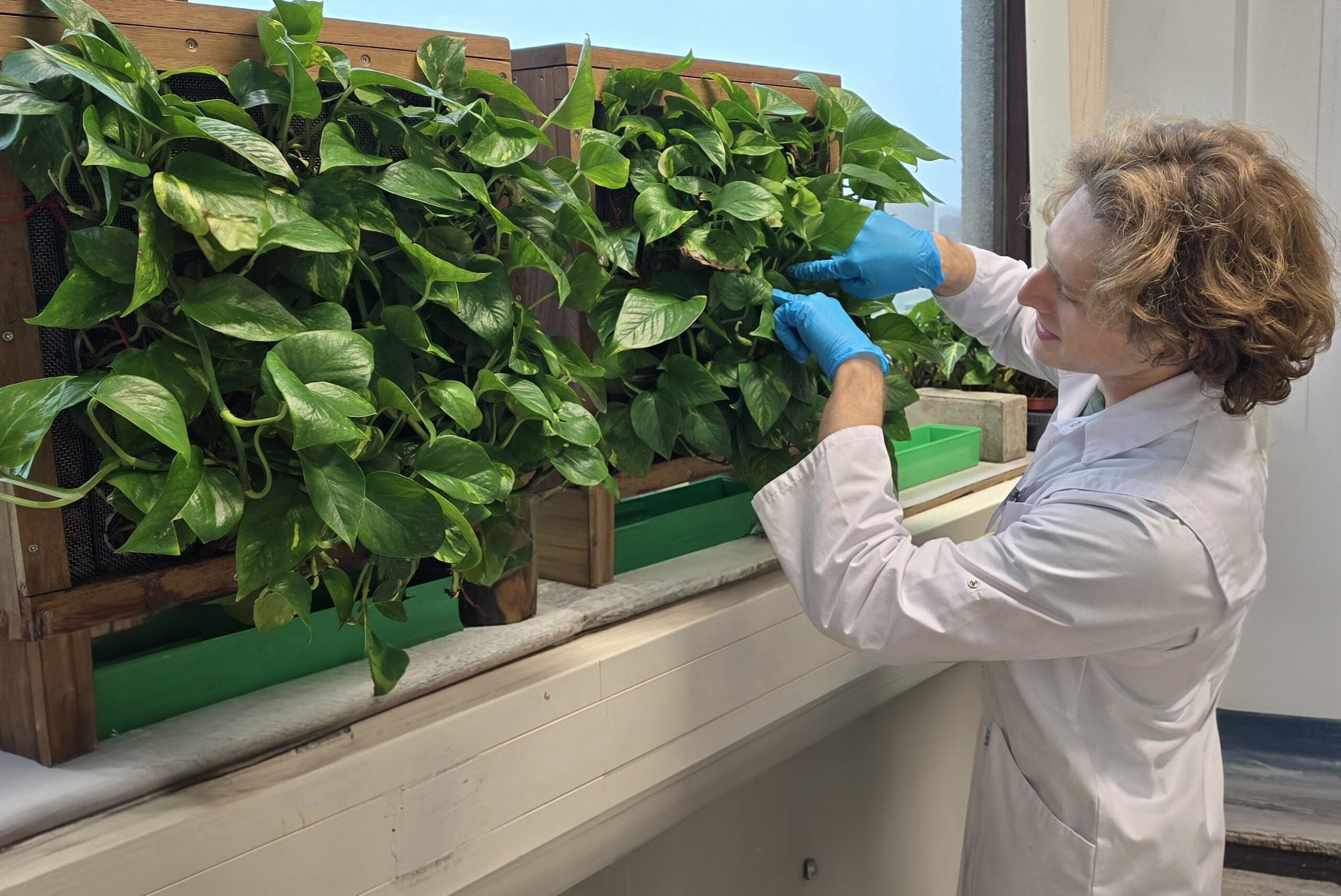
Or look at this video of Seppe explaining his thesis research (in Dutch) for the finals of the Vlaamse Scriptieprijs 2025:
Internship experience
🌍 Real-World Experience in Urban Sustainability: Internships as a key strength of our programme 🌍
At SUBE, we believe that practical, hands-on experience is essential to shaping the future of sustainable cities. As part of our second-year curriculum, students undertake internships with innovative organisations at the forefront of sustainability challenges. This immersive opportunity allows them to apply theoretical knowledge in real-world contexts, 🌿 develop professional networks, and contribute meaningfully to sustainability projects. 🌱
We are thrilled to share a great example of this partnership in action! 🚀 The Ecological Entrepreneur recently welcomed Louis Helssen, one of our talented students, as an intern. His work will focus on supporting the company’s initiatives in ecological development, further demonstrating the value of work-integrated learning. 🌟
We’re proud to see our students making an impact and growing as professionals in their fields 🌱 The internship experience is a cornerstone of our programme, preparing our graduates for the challenges and opportunities of tomorrow’s sustainable cities. 🌆
He will be contributing to our third iteration of research focused on the drivers and hurdles businesses face when implementing sustainability initiatives. This year, we are delving deeper into the influence of external factors such as the Corporate Sustainability Reporting Directive (CSRD), as well as the pressures from the market and value chain.
“I’m thrilled to join The Ecological Entrepreneur as a bioscience engineer intern! I can’t wait to dive into the innovative work they’re doing in sustainability and learn from such a passionate team.”
Here’s to a successful journey towards sustainable innovation, Louis!
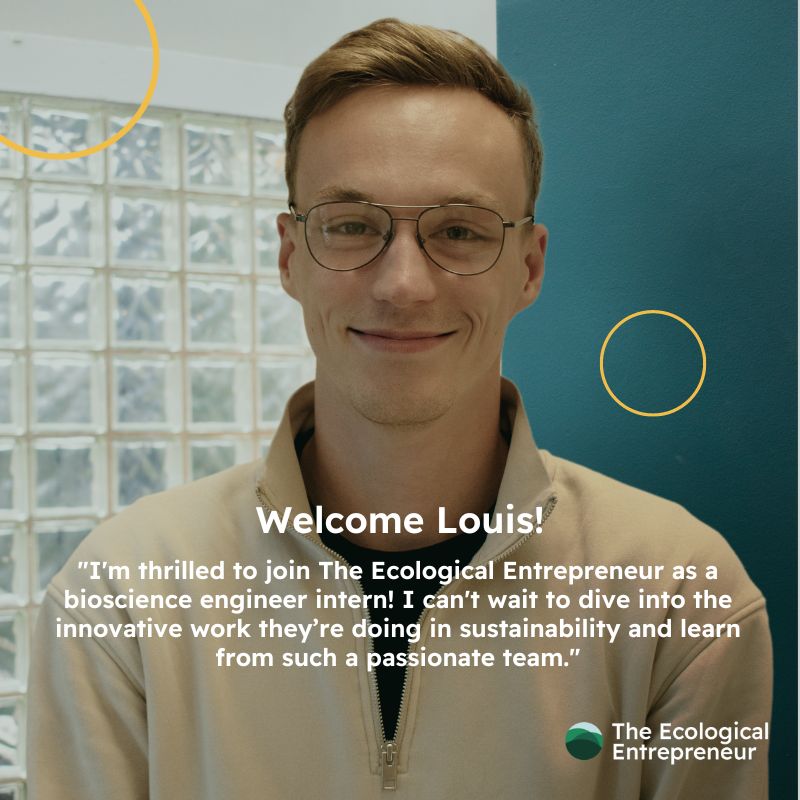
Want to hear how other students have experienced during their internships?
👉 Find out their experiences here.
Doing part of your Master's thesis research abroad
🌏✨ Exploring Food Systems Abroad: A Journey to Indonesia ✨🌴
As part of their master’s thesis, SUBE students Fran Van Dyck and Janelle De Decker travelled to Yogyakarta, Indonesia, to collaborate with Rikolto and Universitas Gadjah Mada (UGM) on the project Development of a Roadmap Towards a Sustainable Food Environment in an Urban Context. Travel with them as they share their unique experience, combining academic research with cultural immersion! 📚✈️
💬 “Choosing a master’s thesis topic with an international research internship was an easy decision for us. We wanted hands-on experience abroad, and Indonesia (Yogyakarta) seemed like the perfect fit! Our project, titled Development of a Roadmap Towards a Sustainable Food Environment in an Urban Context, was a collaboration with Faculty of Bioscience Engineering UGent, Rikolto, and Universitas Gadjah Mada, supervised by our promoters dr. Liesbeth Jacxsens and dr. Carl Lachat. The research focused on two key aspects: one of us studied the urban food environment, including the buying and eating behaviours of primary school children, while the other focused on food safety and its implications for sustainable practices.
🌞 A typical day in Yogyakarta as a thesis student was full of new experiences. Mornings often started with fieldwork in tropical surroundings, collaborating with locals who shared unique insights for our research. We investigated food consumption at schools, the impact of canteens and street vendors, and collected health-related data. Now back in Belgium, we’re building on these findings to complete our thesis.
🍜 Living in Indonesia was also an incredible cultural experience. From navigating bustling streets on scooters to indulging in dishes like kakap asam manis and gado-gado (our newfound addiction!), the journey was unforgettable. Beyond academics, we had life-changing adventures: releasing turtles, climbing volcanoes, surfing, and even witnessing an active volcano erupt! Adjusting to the slower pace and different customs wasn’t always easy, but immersing ourselves in the culture was deeply rewarding.
🙌 Our advice for future students: Be open-minded and embrace the unknown. It’s challenging, but the experience is incredibly worth it!”
📸✨ Check out some snapshots from Fran and Janelle’s journey below!
